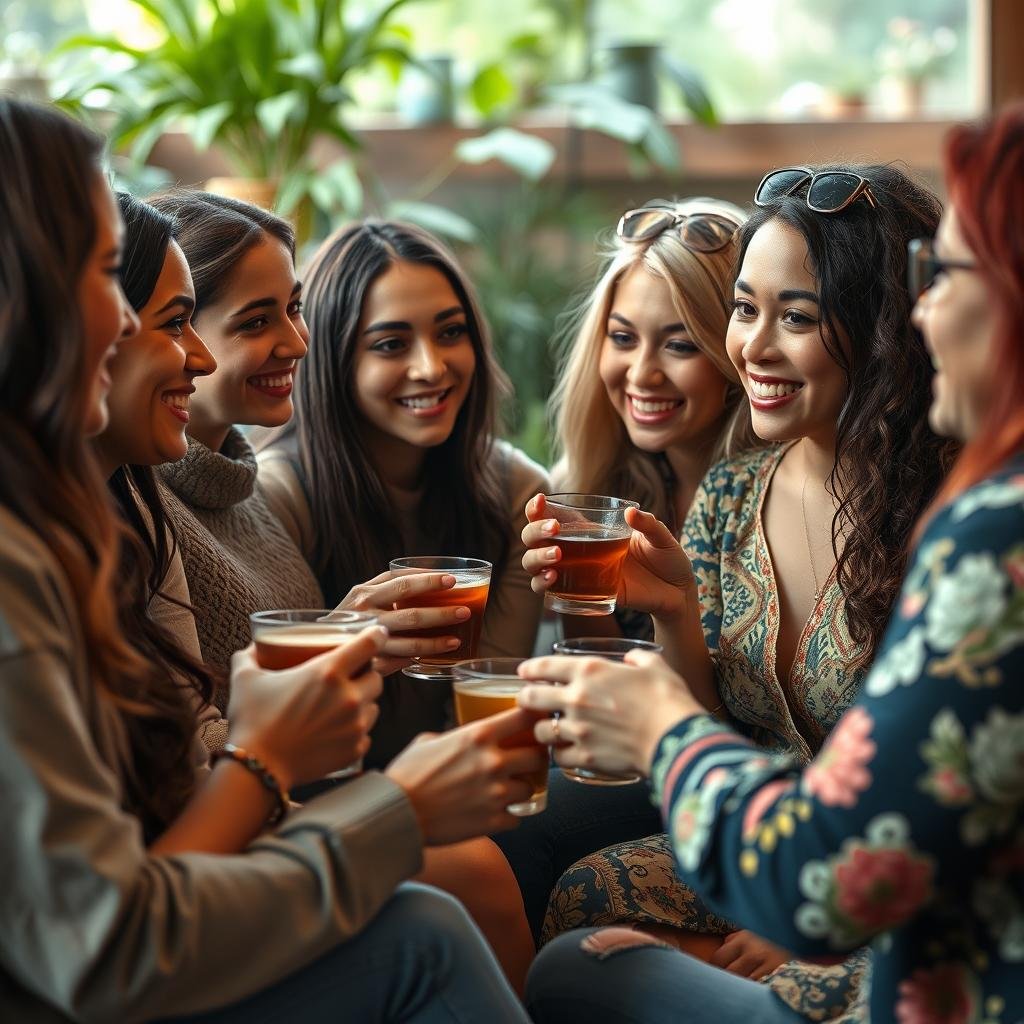Understanding Tea and Cultural Exchange
Tea and cultural exchange refers to the fascinating intersection of tea consumption and cultural practices across various societies. The tradition of tea drinking transcends geographical boundaries, serving as a bridge that connects diverse cultures through shared rituals, flavors, and histories. Exploring this topic reveals insights into how tea has shaped social interactions, facilitated dialogue, and fostered cultural appreciation among different communities.
The Historical Significance of Tea
Tea has a rich history that dates back thousands of years, originating in ancient China. The journey of tea from its early beginnings to becoming a global beverage illustrates not only its cultural significance but also its role in trade and diplomacy. As tea traveled along trade routes, it carried with it customs and practices that influenced societies worldwide, leading to unique adaptations in various cultures.
Tea Rituals Around the World
Different cultures have developed their own unique tea rituals that reflect their values and traditions. For instance, the Japanese tea ceremony emphasizes harmony, respect, and tranquility, while British afternoon tea highlights social interaction and elegance. These rituals do more than just serve tea; they create environments for cultural exchange, allowing participants to engage with each other’s customs and experiences.
Tea Varieties and Cultural Identity
The variety of tea types—such as green, black, white, and herbal—each carry their own cultural significance. For example, green tea is often associated with health and wellness in many Asian cultures, while chai holds a special place in Indian hospitality. Understanding these varieties and their associated customs can enhance our appreciation of the cultural narratives they represent.
The Role of Tea in Social Connectivity
Tea serves as a social lubricant, facilitating conversations and gatherings. In many cultures, offering tea to guests is a gesture of hospitality and friendship. The act of sharing tea fosters connections, allowing individuals to bond over stories, experiences, and cultural exchanges. This social aspect of tea drinking contributes to its enduring popularity worldwide.
Tea Festivals as Cultural Celebrations
Tea festivals are vibrant events that celebrate the cultural significance of tea in various regions. These festivals often include tea tastings, cultural performances, and educational workshops, creating a platform for cultural exchange. They provide opportunities for individuals to learn about different tea traditions, appreciate diverse flavors, and engage with others who share a passion for tea.
Globalization and the Evolution of Tea Culture
The globalization of tea culture has led to the blending of traditional practices with modern influences. As tea becomes more accessible, new interpretations and fusion styles emerge, enriching the cultural tapestry of tea. This evolution reflects the dynamic nature of cultural exchange, where traditions adapt while maintaining their core essence.
The Impact of Social Media on Tea Culture
In the digital age, social media has played a significant role in promoting tea culture and facilitating cultural exchange. Platforms like Instagram and TikTok allow tea enthusiasts to share their experiences, recipes, and insights, creating a global community of tea lovers. This online interaction fosters cross-cultural connections and encourages the exploration of diverse tea practices.
Educational Initiatives on Tea and Cultural Exchange
Various educational initiatives aim to promote awareness of tea’s cultural significance. Workshops, seminars, and online courses provide opportunities for individuals to learn about the history, preparation, and cultural contexts of tea. These initiatives not only educate participants but also encourage appreciation for the diverse cultures that contribute to the world of tea.
